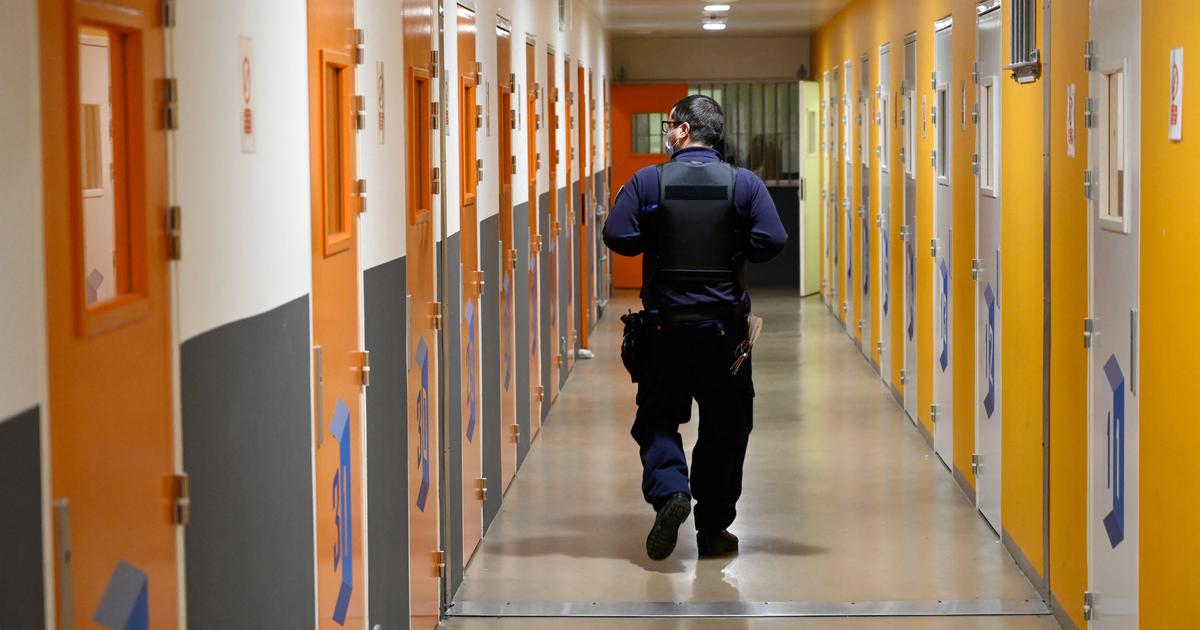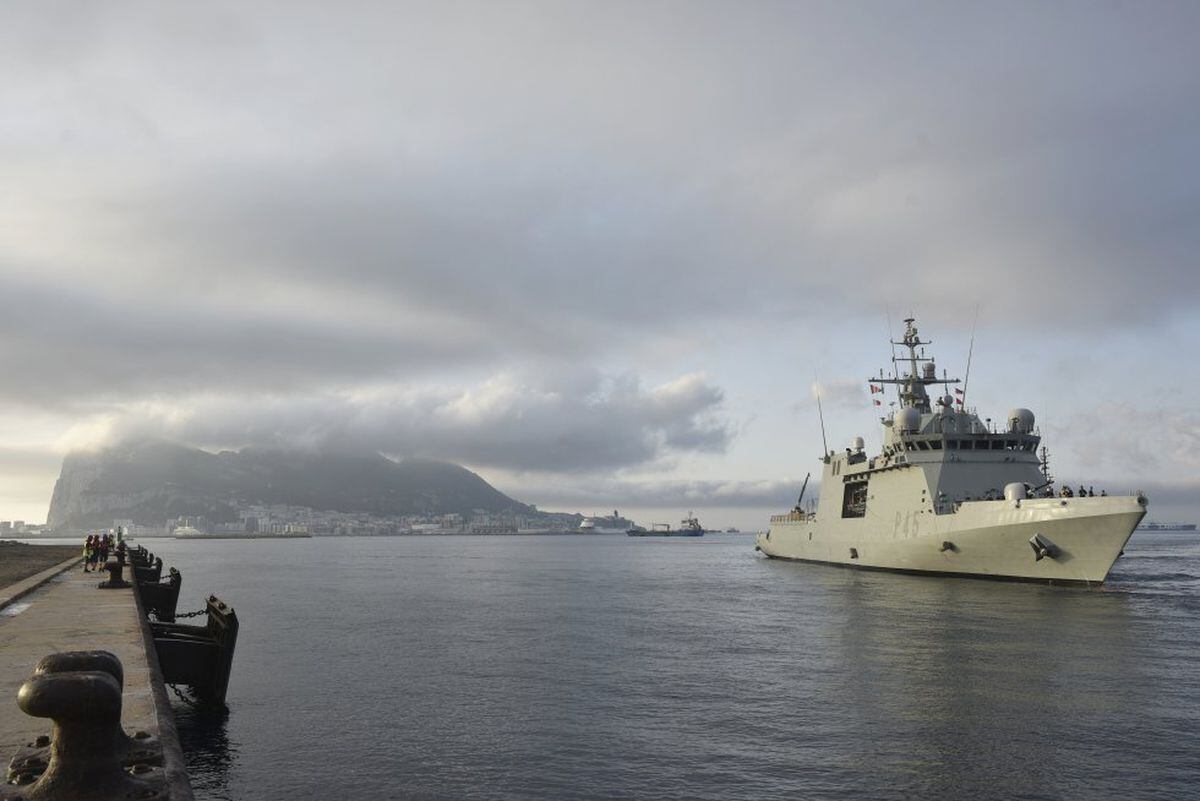In the world of drug trafficking, you live in a hurry.
So much so that the agents who are hot on their heels no longer find it strange to run into drug lords who do not exceed thirty.
"With the siege that we are putting them, they need to recruit more and more young people," said one of the civil guards specialized in investigating them.
The Monparlet clan, a mafia based between Seville and Cádiz, opted directly for targeting one of its crime divisions to minors.
It was up to the newcomers to supply gasoline to the narcolanchas at sea.
But that was just one of the departments of an organization that was able to go one step further and also take charge of transporting hashish brought from Morocco and marijuana to other European countries.
The specialized command of the Civil Guard to fight against drug trafficking in the south, Ocon Sur, has detained about 100 members, some minors, of this multitasking drug trafficking company.
Investigators began to apprehend the main perpetrators in the so-called Operation Mopa a month ago and last Wednesday they reached hundreds of those arrested.
Agents involved in the case do not rule out that the figure will increase even more in the coming days.
The clan had three distinct branches: one was in charge of launching boats on the Guadalquivir River;
another used the marinas of Manilva (Málaga) and La Línea (Cádiz) to refuel gasoline, and a third used trucks of fruit to transport it across Europe from Dos Hermanas (Seville).
This last task is the least common among the local mafias in southern Spain, which usually only do the maritime transport of hashish from Morocco, before delivering it to the buyer who is already in charge of taking it to central and northern Europe, their main market.
La Duquesa, in Manilva, is the classic marina in that luxurious and careful style that Marbella made fashionable years ago.
His tranquility was interrupted on February 14, when a Customs Surveillance helicopter broke into place chasing a recreational boat packed with gasoline carafes, ready to refuel the narcolanchas that come from Morocco with hashish at sea.
It is in this logistics division directed from La Linea that the Monparlet clan introduced minors to teach them the trade with trips to the high seas to supply fuel, food or crew replacements.
The band had at their disposal sports boats in the port of La Atuanara and in the exclusive urbanization of Sotogrande, in San Roque.
The Monparlet clan, known especially in La Puebla del Río (Seville) and Isla Mayor, dumped the powerful narcolanchas of their hashish-carrying division from Morocco from the intricate marshes of the Guadalquivir.
However, it used warehouses in industrial estates in the capital Seville and even in more remote provinces, such as Badajoz, to hide coveted and illegal semi-rigid that, due to their specific design and engines, can cost up to 200,000 euros.
The power and dispersal of hiding places - to evade the agents - that the gang came to have is evident in the rosary of towns where they have discovered up to five tons of hashish: 1,170 kilos in Matalascañas (Huelva), 3,240 kilos in Adra (Almería) and 330 kilos in La Línea.
The police siege that has been applied in the Strait of Gibraltar area since mid-2018 has made the mafias increasingly perfect their ways of operating.
They attract younger people, use new entry routes and take advantage of their logistical channels to move marijuana, a drug that is increasingly present in Spain with growing crops.
In total, the 100 detainees have been discovered up to 230 kilos of marijuana buds, ready to be distributed throughout Europe.
For this task beyond the country, the mafia used a warehouse in Dos Hermanas as a logistics center.
From there the hashish and the cannabis hidden between boxes of fruit came out, crossed the country and crossed the French border to the rest of Europe, the main destination for drugs that enter through the Strait.
With the support of French Customs, the Civil Guard has managed to seize 105 kilos of marijuana that the organization has seized in the French town of Dax.
In Spain, the mafia had two more trucks ready to cross the border: one in Badajoz, where 300 kilos of hashish were seized;
and another with 125 kilos of marijuana in Irún (Guipúzcoa).
The agents have also intervened a simulated long gun, a taser pistol, as well as five vehicles - including the two trucks -, navigation, computer and communication material, and abundant documentation.









